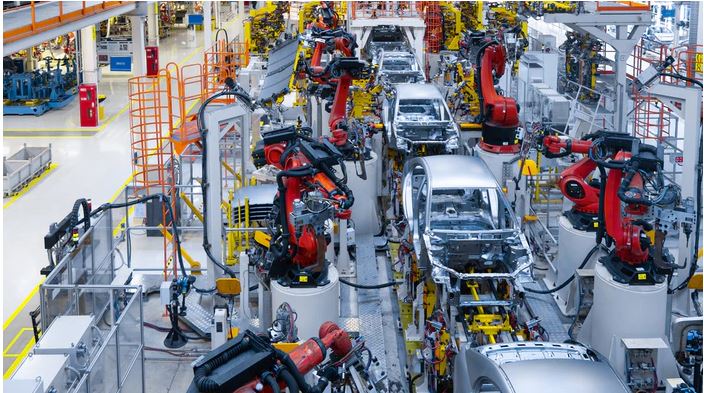The manufacturing industry is a powerful engine when it comes to moving the economy forward. In 2018, plants across the U.S. created over $2.33 billion in products, yet there are still jobs that are unfilled. The reason? “Not enough skilled workers.”
“A 2021 study conducted by Deloitte and the Manufacturing Institute (MI) predicts that 2.1 million manufacturing positions will go unfulfilled by 2030.”
Many would think that the advancement of technology would contribute to a need for fewer skilled employees, yet with more automated processes, it is actually creating more jobs. Companies need workers who “understand robotics, the Internet of Things (IoT), artificial intelligence, and analytics.” They are looking for workers to fulfill positions like:
- Robot teaming coordinators
- Smart factory managers
- Digital twin engineers
- Smart Q.A. managers
Manufacturing companies are looking for workers that possess more than one skill and this can be hard when you are focused on in-depth technical skills. Add to this that many workers who have made a life in manufacturing are on the verge of retirement and are taking their years of experience with them.
As manufacturing enters the newest industrial revolution called “Fourth Industrial Revolution or Industry 4.0, the rapid pace of digitization requires knowledge and skills in robotics, IoT, artificial intelligence as well as cloud computing, wireless communications and more.” Those just entering the workforce may find some great opportunities to put technical skills to work in manufacturing.
Enterprise labeling also relies on some of these skills and when manufacturing companies put their resources towards the technological areas they need to keep production moving forward, they look to trusted advisors like Pragmatyxs to help them manage their labeling solution.
